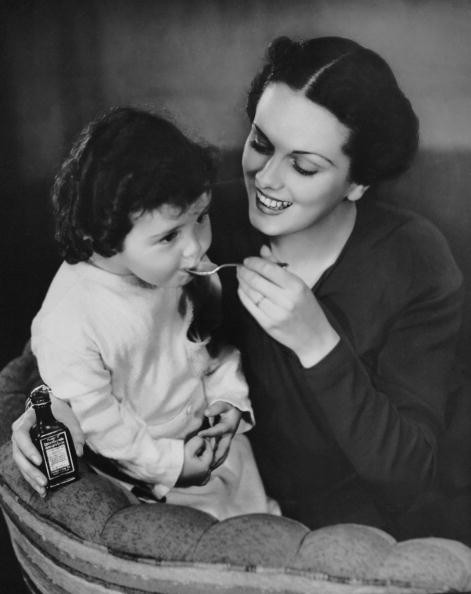
The sad news is that 41% of parents don't measure their children's medicine correctly. Giving kids the wrong amount of medicine may mean you aren't giving enough medicine to help them, or far worse, giving them enough to hurt them.
Measure correctly - Make sure you are using the right measurement. If it says to give your child 5 milliliters (mL or ml), make sure you are using a device that measure in milliliters. Five milliliters equals one teaspoon, by the way. A tablespoon is 15 milliliters. Many measuring spoons are also labeled in milliliters.
Don't use a kitchen spoon - If you are supposed to give a teaspoon of medicine, don't just grab any spoon from the kitchen. Use a measuring spoon or a special spoon for measuring medications. Not all teaspoons measure the same amount and if you accidently use a tablespoon instead of a teaspoon, you are giving three times the right dose. Many liquid medications now include a little cup in the packaging that makes measuring easier and less spillable.
Weigh your child - The doses on many over-the counter medicines for kids are based on body weight. Don't guess at their weight.
Read the label, again- If you are getting up in the middle of the night to give medicine to your child, you are tired. Read the label again to make sure that sleepiness doesn't cause you to mis-remember the right dose.
Put the medicine away - Don't put the medicine on the child's night table. Put it away in a secure location each time you use it.
Set an alarm for the next dose - It is easy to forget to give a dose of medicine. Set an alarm so that you don't skip a dose.
Post emergency information - Put this number on your list of emergency contacts. 1-800-222-1222. It is the number for the American Association of Poison Control Centers and it operates 24/7. Program the number into your cell phone, too.



